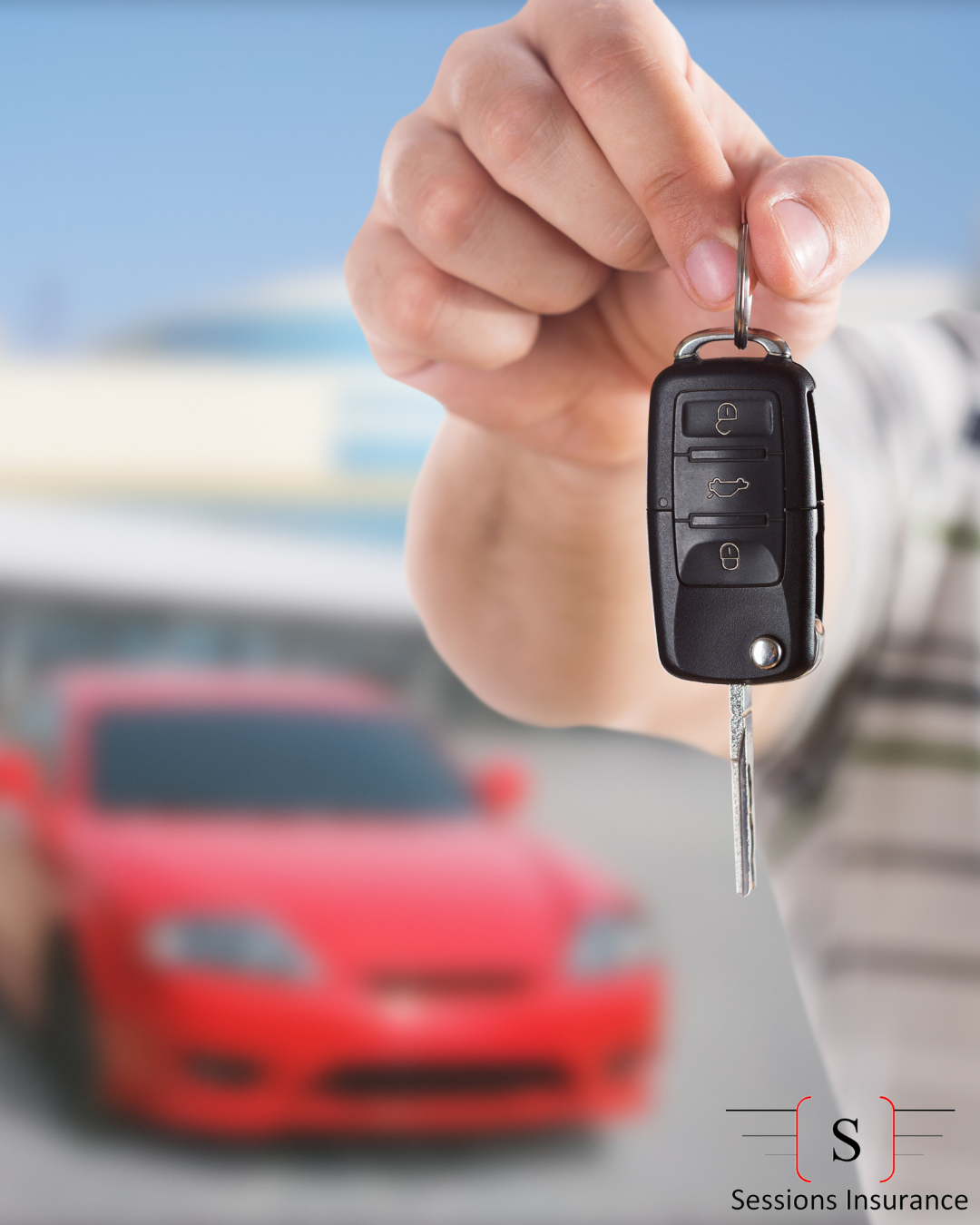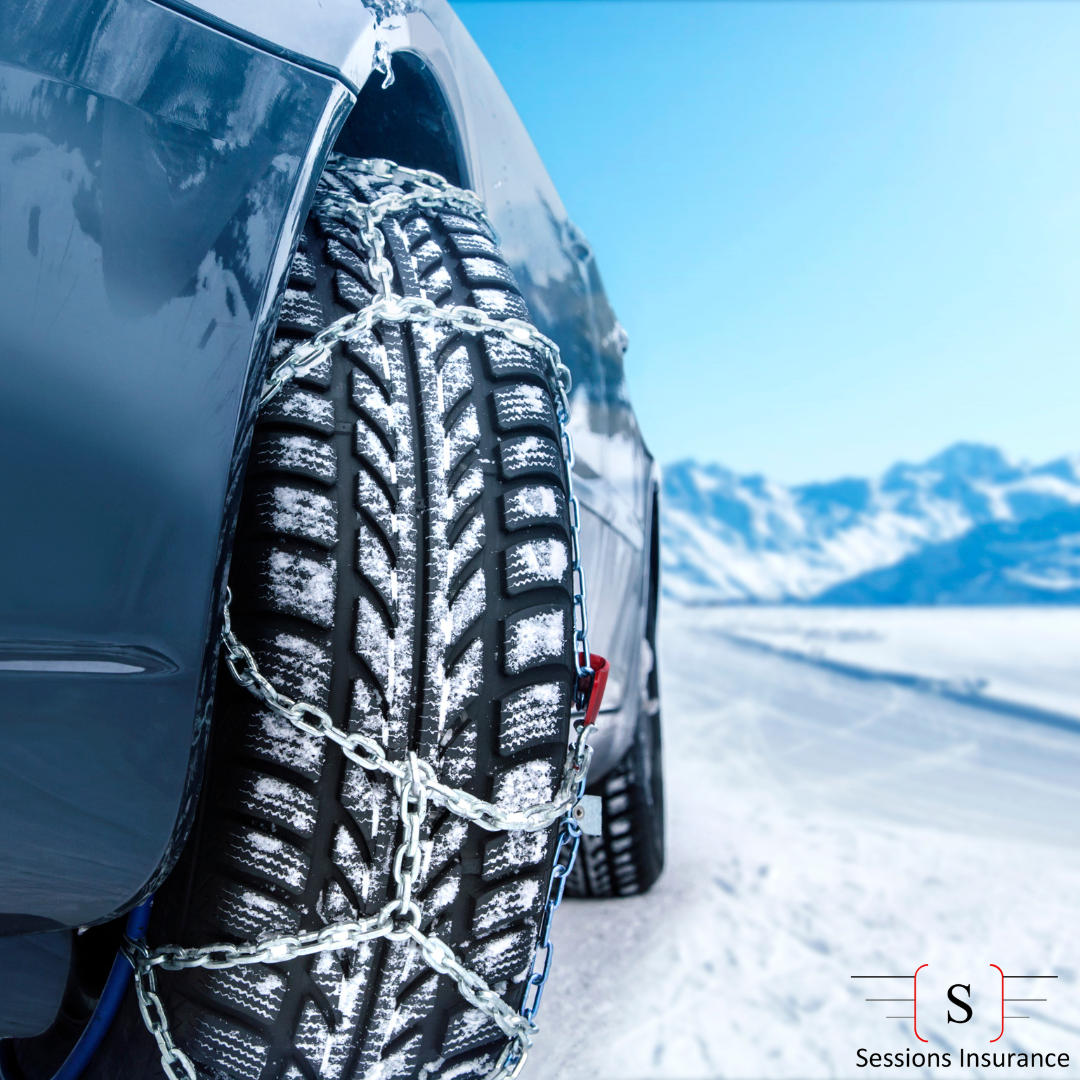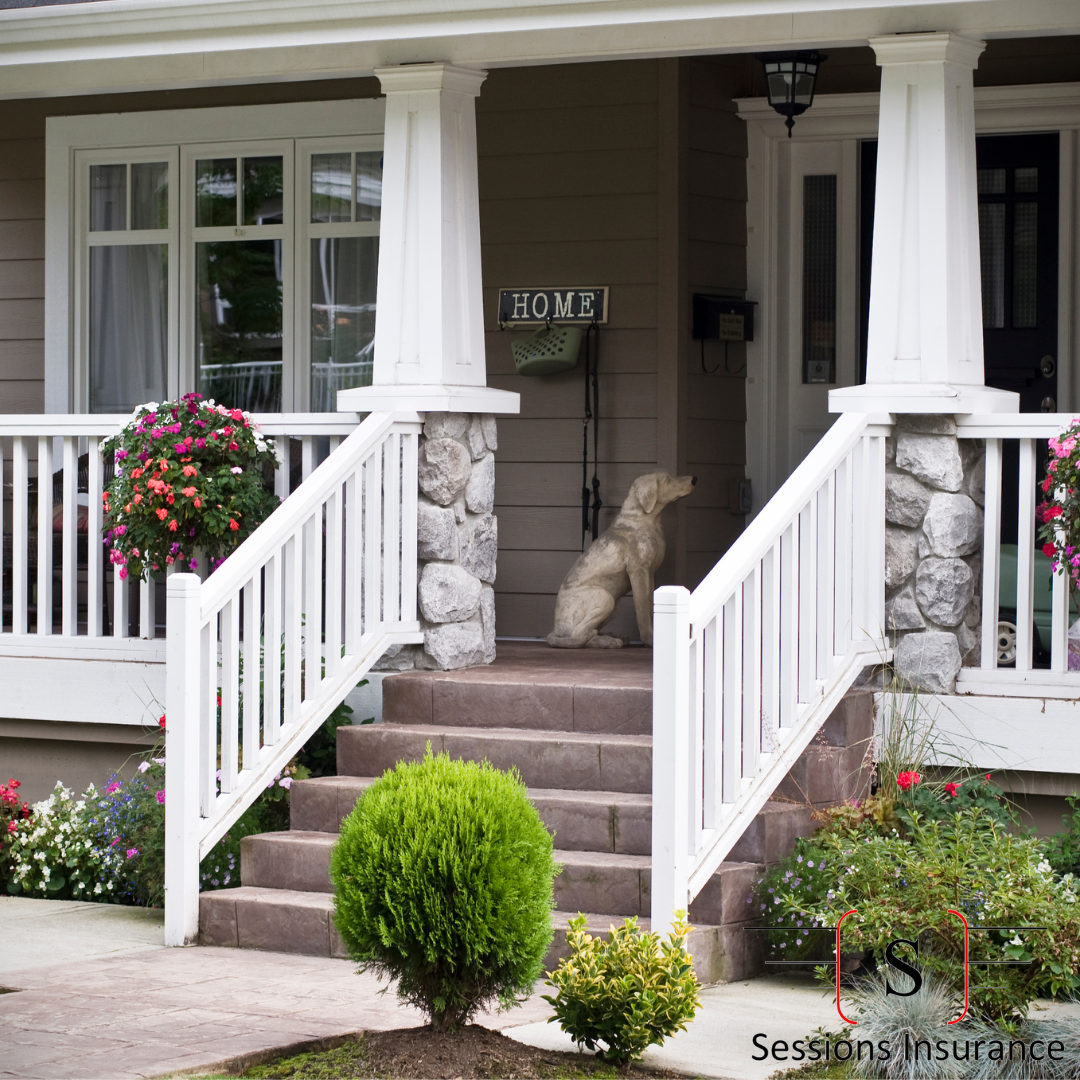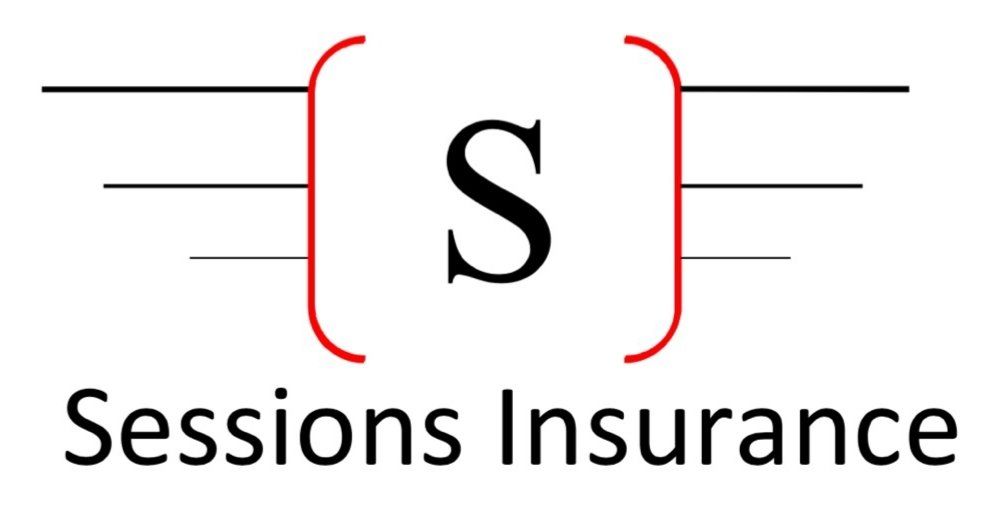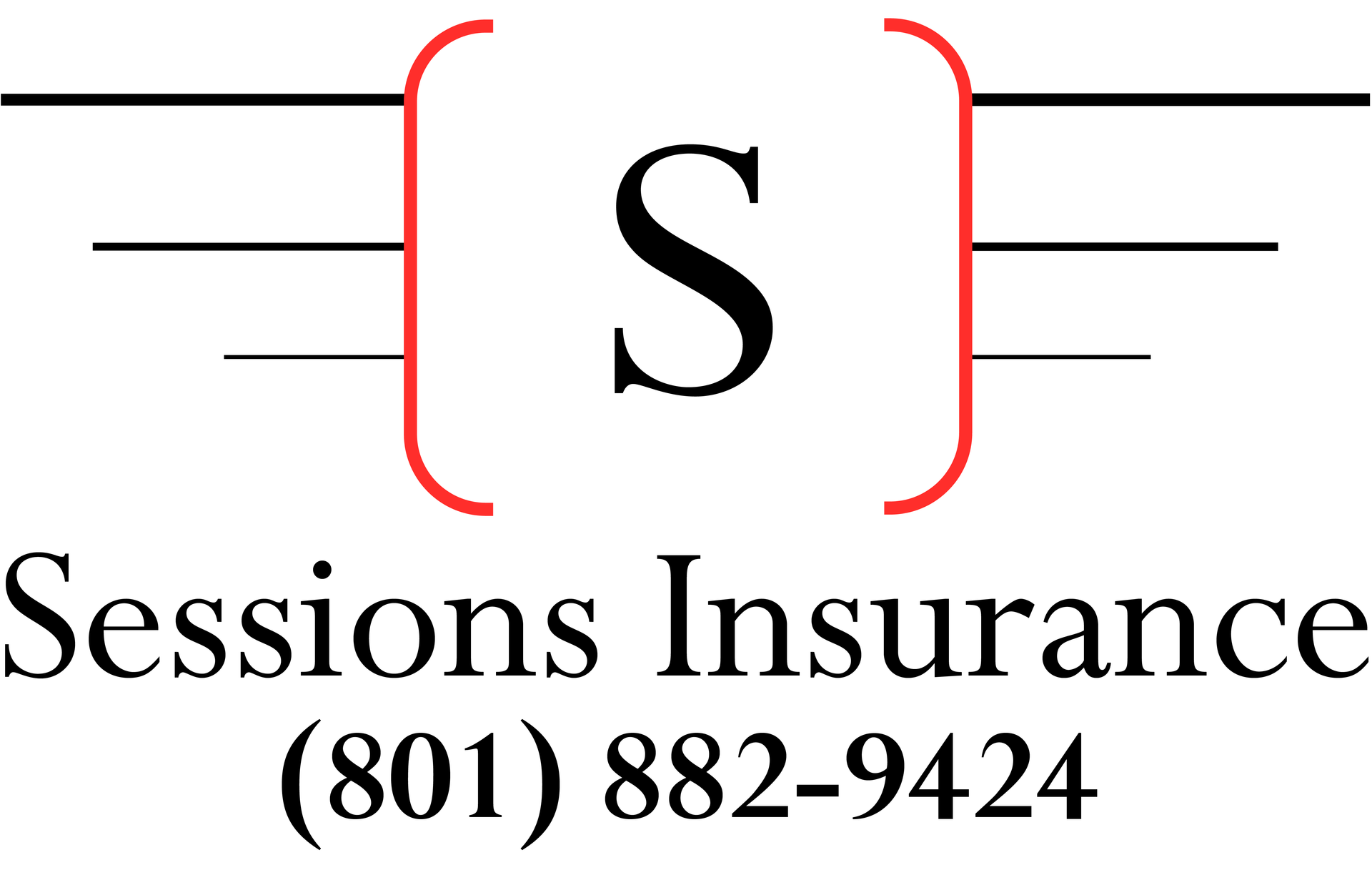When to consider commercial car insurance Vs Personal Car insurance in Utah
In Utah, particularly in areas like Ogden, Salt Lake City, and Weber County, understanding the difference between commercial car insurance and personal car insurance is crucial for ensuring you're adequately covered. Whether you're a business owner, freelancer, or a regular commuter, knowing which type of insurance you need will protect you from potential financial risks. This comprehensive guide will help you navigate through the specifics of commercial car insurance vs. personal car insurance and determine which is right for your needs in Utah.
Understanding Personal Car Insurance
Personal car insurance is designed for individuals who use their vehicles primarily for personal, non-commercial activities. This includes daily commuting, running errands, and other typical driving scenarios. Personal car insurance provides coverage for liability, collision, comprehensive, medical payments, and often uninsured/underinsured motorists.
Key Features of Personal Car Insurance:
- Liability Coverage: Pays for damages or injuries you cause to others.
- Collision Coverage: Covers damage to your car from collisions, regardless of fault.
- Comprehensive Coverage: Protects against non-collision events like theft, vandalism, or natural disasters.
- Medical Payments Coverage: Pays for medical expenses resulting from an accident.
- Uninsured/Underinsured Motorist Coverage: Covers costs if you're involved in an accident with someone who lacks adequate insurance.
While personal car insurance is sufficient for most individuals, there are specific circumstances where commercial car insurance becomes necessary.
Understanding Commercial Car Insurance
Commercial car insurance is tailored for vehicles primarily used for business purposes. This type of insurance provides more extensive coverage options to address the risks associated with business operations. If you're using your vehicle for activities beyond daily commuting, you might need commercial car insurance.
Key Features of Commercial Car Insurance:
- Higher Liability Limits: Businesses often need higher liability limits to protect against lawsuits and significant financial risks.
- Business-Related Coverage: Provides protection for business equipment and goods transported in the vehicle.
- Multiple Drivers: Covers multiple drivers, including employees and business associates.
- Special Add-ons: Offers options such as hired and non-owned auto coverage, which covers rented vehicles or employees’ personal vehicles used for business purposes.
When to Choose Commercial Car Insurance in Utah
Determining whether you need commercial car insurance or personal car insurance depends on how you use your vehicle. Here are scenarios specific to Ogden, Salt Lake City, and Weber County where commercial car insurance might be necessary:
1. Business Use of Vehicles:
If you're using your vehicle for business purposes such as making deliveries, transporting clients, or traveling between job sites, you need commercial car insurance. For instance, food delivery drivers in Salt Lake City or contractors traveling to various sites in Weber County should opt for commercial coverage. Personal policies often exclude business use, leaving you vulnerable in case of an accident.
2. Transporting Goods or Equipment:
For businesses in Ogden and surrounding areas that rely on vehicles to transport goods, tools, or equipment, commercial car insurance is essential. This includes construction companies, mobile repair services, and any business that necessitates the transportation of work-related items.
3. Employees Driving Your Vehicle:
If employees or business associates drive your vehicle—even occasionally—you need commercial car insurance. This coverage ensures that your business isn’t exposed to liability risks arising from employees' driving.
4. Vehicle Ownership:
If your vehicle is owned by your business or used exclusively for business activities, you need commercial car insurance. This scenario often applies to small business owners in Salt Lake City who have company cars or vehicles used for business operations.
5. Freelancers and Gig Economy Participants:
Freelancers and gig workers in Weber County, such as ride-share drivers or independent delivery contractors, need commercial car insurance. Personal policies typically exclude coverage for ride-sharing and delivery, requiring rideshare endorsement or commercial policies instead.
Differences in Coverage: Personal vs. Commercial
While both personal and commercial car insurance offer liability, collision, and comprehensive coverage, commercial policies are designed to handle the unique risks associated with business use. Here’s a deeper look at the differences:
Liability Limits:
- Personal Car Insurance: Typically lower liability limits, suitable for private drivers.
- Commercial Car Insurance: Higher liability limits to provide greater protection for businesses against lawsuits.
Business Equipment Coverage:
- Personal Car Insurance: Usually doesn’t cover business equipment or inventory.
- Commercial Car Insurance: Covers business-related equipment, tools, and goods transported in the vehicle.
Driver Coverage:
- Personal Car Insurance: Usually covers the named policyholder and household members.
- Commercial Car Insurance: Covers multiple drivers, including employees and business associates.
Policy Flexibility:
- Personal Car Insurance: Limited to personal use, may not cover business activities.
- Commercial Car Insurance: Designed to cover a wide range of business uses and scenarios.
Legal and Licensing Requirements in Utah
In Utah, the type of insurance you need is closely tied to legal and licensing requirements. It’s crucial to ensure your policy complies with state laws to avoid penalties and ensure adequate protection.
Commercial Vehicle Registration:
Vehicles used for business purposes must be registered as commercial vehicles in Utah. This applies to vehicles used to transport goods, provide services, or carry passengers for a fee.
Business License:
Businesses operating in Ogden, Salt Lake City, or Weber County must have appropriate business licenses. The licensing process often includes proof of commercial car insurance when vehicles are part of the business operations.
Financial Responsibility:
Utah law mandates that all drivers maintain a minimum level of liability insurance. Commercial policies typically start at higher liability limits to meet or exceed these requirements, ensuring businesses are adequately covered.
Steps to Determine Your Insurance Needs
Deciding between personal and commercial car insurance depends on a thorough understanding of how you use your vehicle. Follow these steps to determine your insurance needs:
1. Assess Vehicle Use:
Evaluate whether your vehicle is used for personal, business, or mixed purposes. Note any instances where the vehicle is used to carry goods, transport clients, or for other business activities.
2. Understand Policy Exclusions:
Review your personal insurance policy to identify any exclusions related to business use. If your activities are excluded, you need commercial insurance.
3. Consult with an Insurance Agent:
Discuss your needs with an insurance agent familiar with Utah’s requirements. They can help you assess risks and recommend the appropriate coverage.
4. Consider Liability Limits:
Ensure your policy’s liability limits are adequate for your business activities. Higher limits are typically necessary for commercial use to protect against significant financial risks.
5. Evaluate Add-Ons and Endorsements:
Consider any additional coverage options or endorsements that may be necessary for your specific business needs, such as hired and non-owned auto coverage.
Conclusion
In Utah, particularly in Ogden, Salt Lake City, and Weber County, distinguishing between personal and commercial car insurance is vital for ensuring proper protection. Personal car insurance suffices for standard daily driving, but once you introduce business-related activities, commercial car insurance becomes essential.
Whether you're delivering goods in Salt Lake City, transporting clients around Ogden, or running a small business in Weber County, understanding the nuances of each type of insurance will help you make an informed decision. Evaluating your vehicle’s usage, legal requirements, and potential risks with the help of an insurance professional ensures you choose the right coverage. Ultimately, having the right insurance protects you, your business, and your peace of mind.




The Importance of Adding Teen Drivers to Your Insurance and How Sessions Insurance Can Help You Save
